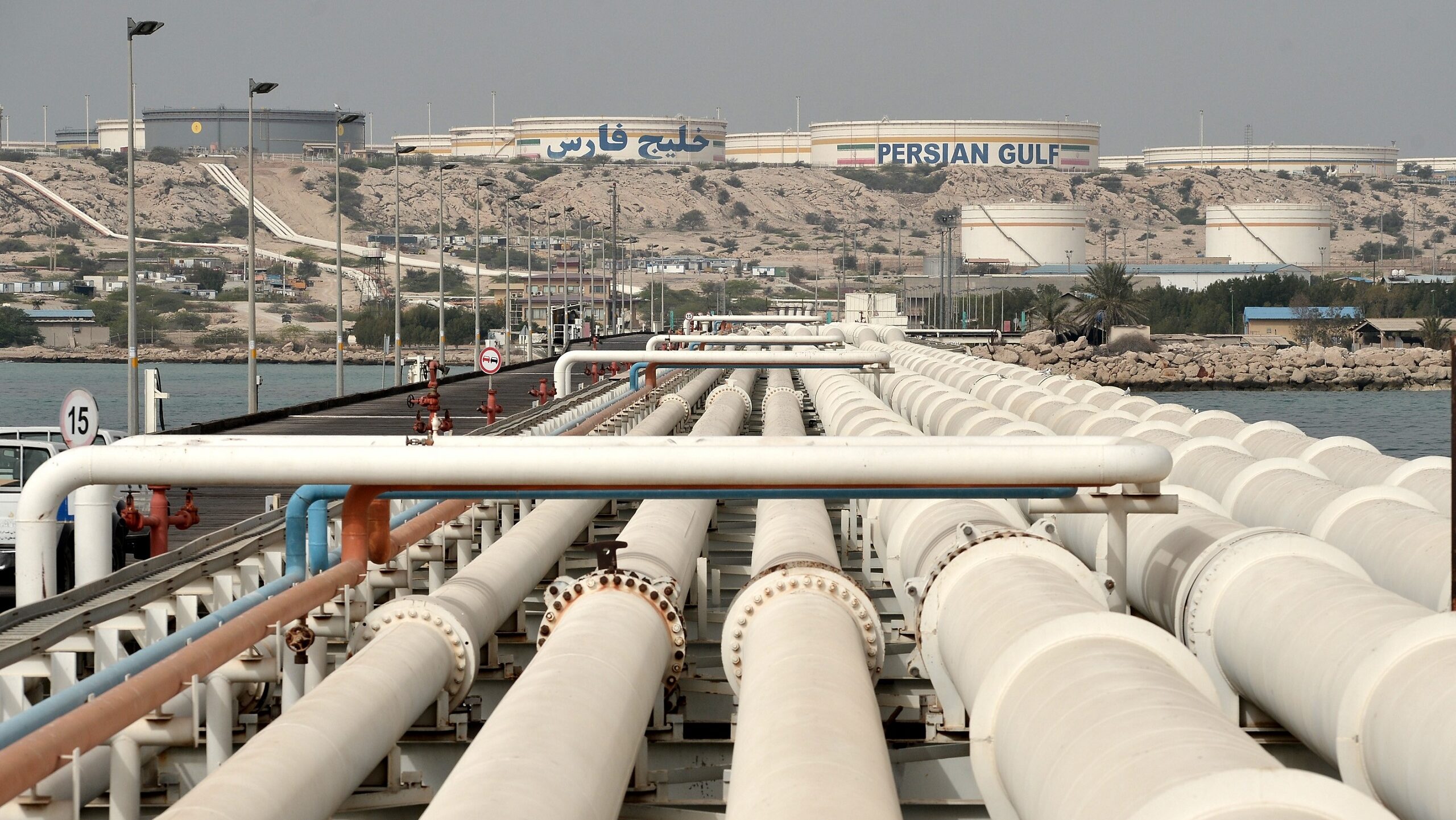Half of Iran’s Oil Exports Controlled by Revolutionary Guards, Experts Say
Iran’s Revolutionary Guards (IRGC) now control up to half of the nation’s oil exports, a critical source of revenue funding the regime and its proxies, according to Western officials and Iranian insiders. The IRGC has tightened its grip on the oil industry, from managing clandestine shipping routes to creating front companies for sales, particularly to China.
Six sources, including security officials and oil industry insiders, estimated the IRGC’s share of oil exports has risen to nearly 50%, up from 20% three years ago. Despite US sanctions targeting Iran’s oil sector and labeling the IRGC as a terrorist organization, the regime continues to generate over $50 billion annually from oil sales.
Give the gift of hope
We practice what we preach:
accurate, fearless journalism. But we can't do it alone.
- On the ground in Gaza, Syria, Israel, Egypt, Pakistan, and more
- Our program trained more than 100 journalists
- Calling out fake news and reporting real facts
- On the ground in Gaza, Syria, Israel, Egypt, Pakistan, and more
- Our program trained more than 100 journalists
- Calling out fake news and reporting real facts
Join us.
Support The Media Line. Save democracy.
The IRGC has leveraged its smuggling expertise to circumvent sanctions, operating through a shadow fleet of tankers and offering discounted prices to buyers willing to take risks. Much of the revenue reportedly supports proxies like Hezbollah, which receives up to $1 billion annually from Iran, according to Israeli counterterrorism authorities.
China is a major buyer of IRGC-controlled oil, facilitated by companies like China Haokun Energy, which was sanctioned by the US in 2022 for assisting the Quds Force, the IRGC’s overseas operations unit.
Experts warn that the IRGC’s growing role in the oil sector complicates efforts to enforce sanctions. “The IRGC has become adept at navigating sanctions, making it a formidable challenge to disrupt their revenue stream,” said Richard Nephew, a former US-Iran envoy.



